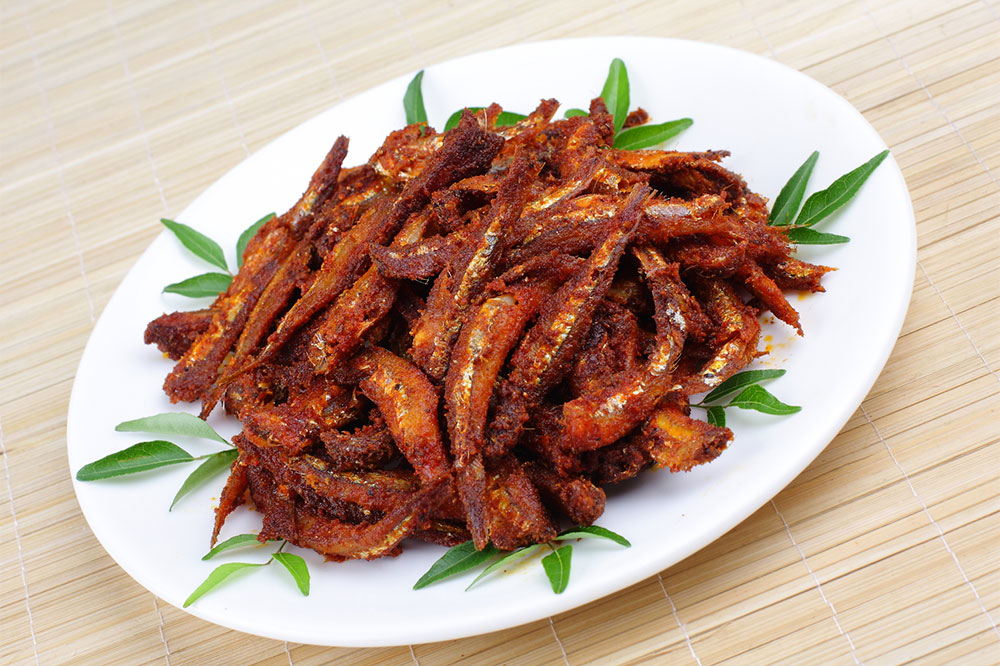Comprehensive Dietary Approaches to Manage and Reduce Eczema Symptoms
This detailed guide covers nutrition strategies to manage eczema symptoms effectively. Emphasizing anti-inflammatory foods, omega-3 sources, probiotics, and allergen monitoring, it provides practical dietary tips for reducing flare-ups. Incorporating these nutritional approaches into your lifestyle can help improve skin health and overall well-being while complementing medical treatments. Learn how specific foods influence eczema and find sustainable dietary habits to support long-term skin health and symptom management.

Comprehensive Dietary Approaches to Manage and Reduce Eczema Symptoms
Eczema, also known as atopic dermatitis, is a persistent inflammatory skin condition that affects millions worldwide. Characterized by symptoms such as intense itching, redness, swelling, blistering, and the development of thickened or leathery skin over time, eczema can significantly impair quality of life. While genetics and environmental factors are primary contributors, recent research emphasizes the crucial role of diet in managing this chronic condition. Adjusting dietary habits and incorporating specific nutrient-rich foods can serve as effective complementary strategies to traditional treatments, ultimately helping reduce flare-ups and improve skin health.
Understanding how specific foods influence eczema can empower sufferers to make informed dietary decisions. Here are some proven dietary strategies that may help alleviate symptoms:
Incorporate Omega-3 Fatty Acids from Fatty Fish
Consuming fatty fish such as salmon, mackerel, sardines, herring, and albacore tuna provides high levels of omega-3 fatty acids, which possess potent anti-inflammatory properties. Regular intake of these omega-3-rich foods can help reduce skin inflammation, lessen itchiness, and promote healthier skin barrier function. If you find it challenging to include enough fish in your diet, omega-3 supplements like fish oil capsules are an alternative. However, consult your healthcare provider before starting any supplement regimen to ensure appropriate dosage and safety.
Eat Quercetin-Rich Fruits and Vegetables
Quercetin is a natural flavonoid with antioxidant and antihistamine effects. Top sources include apples, blueberries, cherries, broccoli, spinach, kale, and onions. Regularly consuming these foods may help mitigate allergic responses and decrease inflammation, which are major triggers for eczema flare-ups.
Include Probiotic and Fermented Foods
Foods rich in probiotics like yogurt, kefir, sauerkraut, kimchi, miso, and fermented pickles can enhance gut health, strengthen immunity, and potentially reduce the severity of eczema symptoms. A balanced gut microbiome may influence skin health positively, reducing allergic reactions and inflammation.
Adopt an Anti-Inflammatory Dietary Pattern
Focus on reducing intake of foods that promote inflammation, such as processed foods, refined sugars, trans fats, and excessive red meats. Instead, prioritize a diet abundant in colorful fruits and vegetables, whole grains, nuts, seeds, and healthy fats like extra virgin olive oil. This approach not only improves overall health but also directly targets inflammation that exacerbates eczema.
Follow a Mediterranean Diet Emphasizing Quercetin Intake
The Mediterranean diet is renowned for its anti-inflammatory benefits. It emphasizes consuming ample vegetables, fruits, nuts, seeds, legumes, whole grains, olive oil, and moderate fish intake. Avoiding sugar-laden desserts, red meats, and processed foods aligns with this diet and can help maintain skin health while preventing flare-ups.
Address Specific Eczema Types with Targeted Dietary Strategies
For dyshidrotic eczema, it’s advisable to limit foods high in nickel and cobalt, such as cocoa, whole grains, soy, canned foods, and shellfish. Increasing intake of Vitamin C-rich foods like oranges, strawberries, peppers, and kiwi supports collagen formation and skin repair. An elimination diet—removing suspect allergens like gluten, dairy, or nuts—can help identify personal food triggers and reduce episodes of flare-ups.
Mindful Monitoring of Trigger Foods
Foods such as dairy products, eggs, soy, and nuts may provoke eczema in sensitive individuals. Additionally, processed foods containing preservatives, artificial flavors, trans fats, and high sugar levels can amplify inflammation and worsen symptoms. Keeping a food diary and working with a healthcare professional can help tailor dietary choices to your specific triggers.
While dietary changes alone are not a cure for eczema, they form a vital part of a comprehensive management plan. Proper nutrition can alleviate common symptoms like itching, dryness, and inflammation, leading to improved skin integrity and overall comfort. Combining these dietary strategies with medical treatments, skincare routines, and lifestyle modifications offers the best chance for better control and a better quality of life for those affected by eczema.





